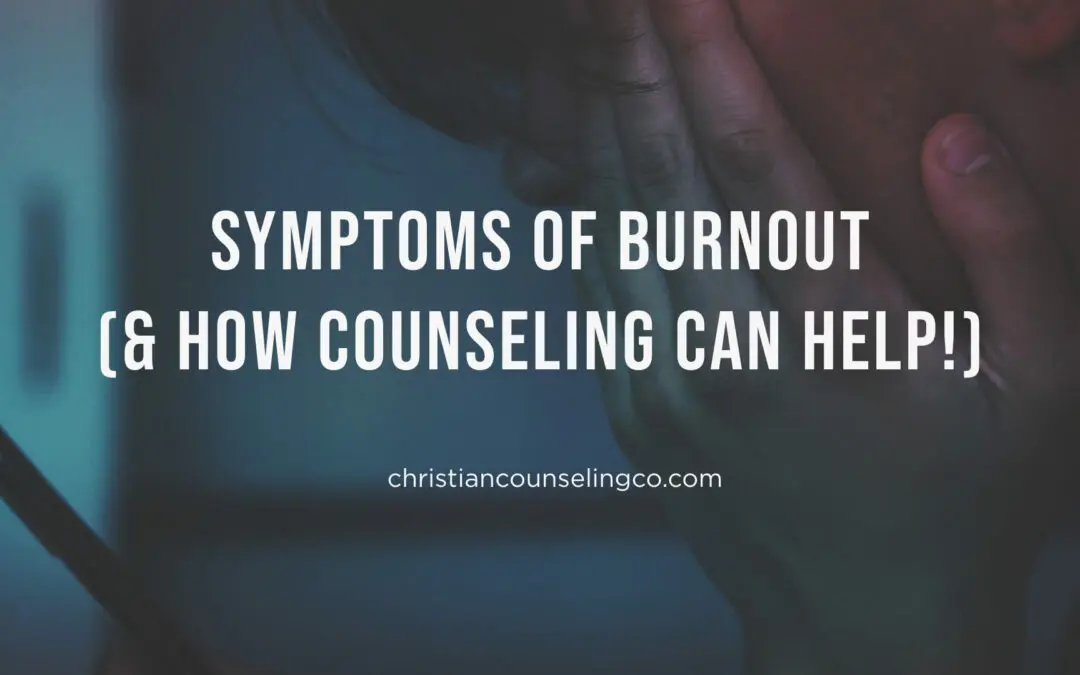Burnout symptoms are sneaky, you may not notice them as they can appear slowly over time. Do you find yourself taking more time and energy than usual to tackle a routine task? Do you feel easily irritated, cynical, or angry at comments or inconveniences which used to be no big deal to you? Do you feel pain, headaches, or other symptoms in your body caused by lingering stress?
If your answers to these questions are mostly yes, it may be that you’re experiencing burnout.
The good news is you are not alone. As the pandemic continues to impact people’s lives, more and more people have reported feeling burned out. In a 1,000 person survey, 59% of managers reported experiencing burnout since the Covid-19 outbreak, while 69% of all respondents said they are experiencing burnout symptoms.
Feeling burned out isn’t just limited to your workplace. You can also experience burnout in parenting, and burnout in relationships.
Burnout causes a depleted or exhausted state of physical and mental strength–when you don’t have enough stamina, energy, and motivation to maintain your normal daily functioning at work and in life.
What are the symptoms of burnout?
Ignoring burnout can cause further physical and mental health problems, so it’s important to recognize the burnout symptoms right away:
- Physical manifestations: fatigue, headache, back pain, shoulder pain, thyroid issues, weight loss/weight gain, insomnia, etc.
- Attitude changes: No longer feeling excited or satisfied in work or in relationships. Being unable to initiate engagement with others, easily getting impatient, irritated, critical, or cynical, procrastinating, lack of motivation, the feeling that you’re dragging yourself to do most essential tasks, etc.
- Negative coping: unhealthy eating and diet such as binge eating, frequent fast food, excessive amounts of sweets, not drinking enough water, drinking excessive coffee or alcohol, smoking, spending excessive time on social media or games, reduced motivation to carry out self-care activities, etc.
- Mental manifestations: Increased anxiety and worry, having a low capacity and desire for change, shame and guilt, a frantic feeling that you “have to get back to normal” low self-image, etc.
Spiritual manifestations: Feeling spiritually lethargic, feeling distant from God, unable to rest well and experience deep peace, unable to continue previous spiritual practices, feeling weary and burdened, etc.

What you can do about burnout symptoms:
Talking about burnout openly with employers, spouses, family, friends, and other professionals is the most important step to addressing burnout–identifying burnout symptoms, getting the help and support you need, and avoiding negative outcomes.
As a counselor, I truly believe in the power of counseling or therapy in a person’s life. When dealing with burnout, professional counseling is no doubt one of the most effective ways to help you get out of burnout and back to normal.
Does therapy really help with burnout? how?
Here are some of the things that professional counseling does to help you heal from burnout:
- Normalizing Burnout: Getting rid of the shame, guilt, and any stigma that is often attached to burnout or other performance changes.
- Exploring the Causes: Digging deeper, to your comfort level, to unearth any hidden contributing factors to your burnout.
- Using Effective Treatments: Both talk therapy and body-brain-based mindfulness interventions can help ease the stress and tension you are carrying in both your brain and body.
- Prioritizing Your Values: Helping you discover what’s most important to you, so you have the power to change expectations, create a new rhythm for work and life balance, adjust your workload, set up healthier boundaries, and leave space for renewed self-care, breaks, and other practices that promote your overall health.
- Nurturing Your Spiritual Health: A prayerful and empathetic counselor provides a safe space to process all aspects of your burnout, including how it’s impacted your faith and spiritual health. If you find yourself asking questions about the meaning of your work, the purpose of life, or connection and communion with God as you process your burnout, the counselor will be there to support and encourage you.
Burnout often happens in lonely and isolated places, while the healing happens in relationships. Shared burden becomes halved, and shared hope becomes doubled. We as counselors are honored to help you identify symptoms of burnout and help you to navigate through burnout to rediscover the thriving place you long to be.
Written by Huiling Pritchett
If you’re interested in counseling with one of our other amazing counselors, click here to view our line-up.





